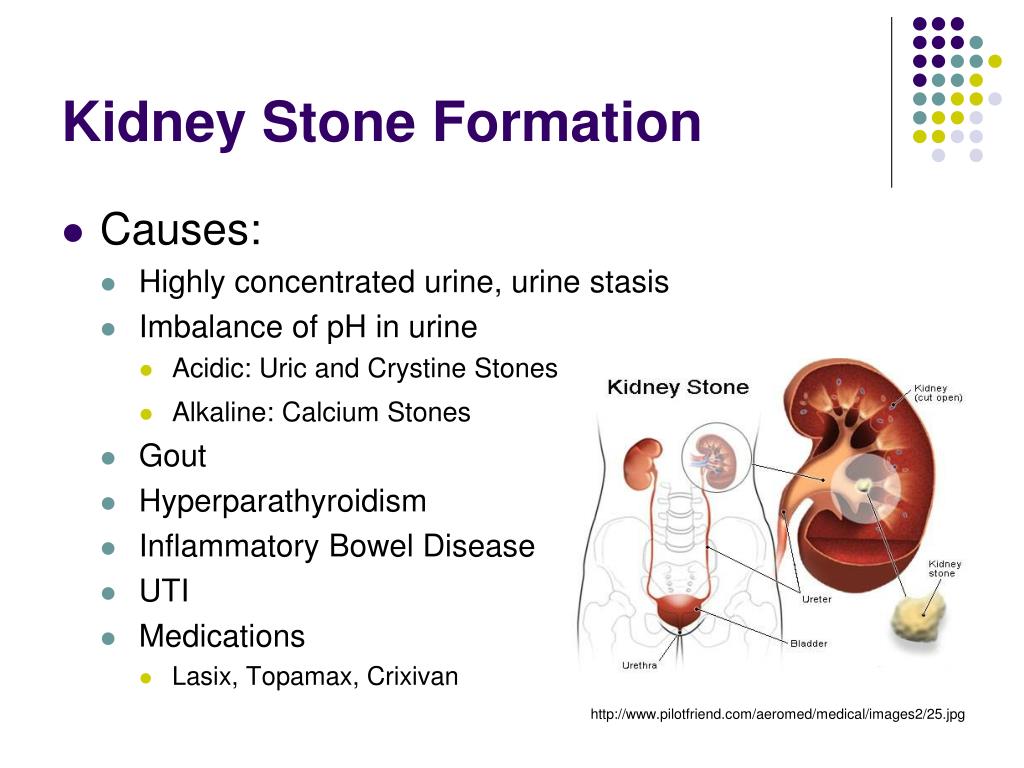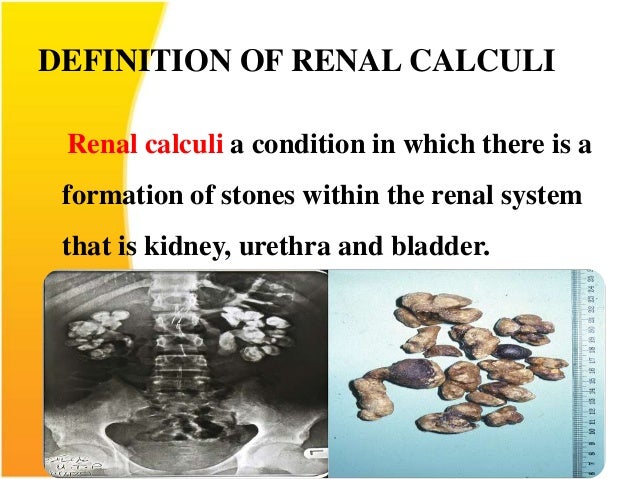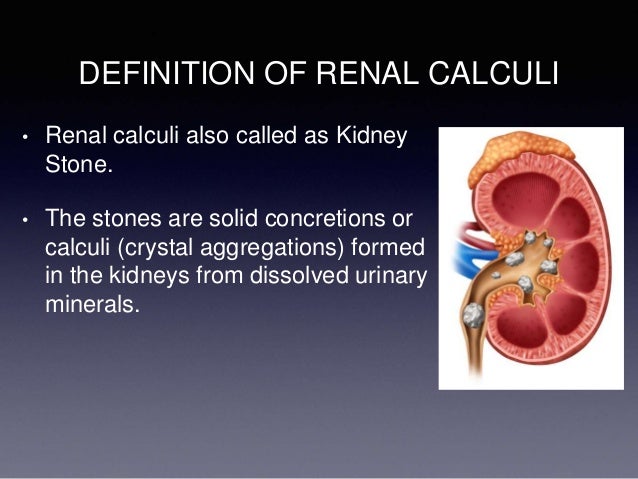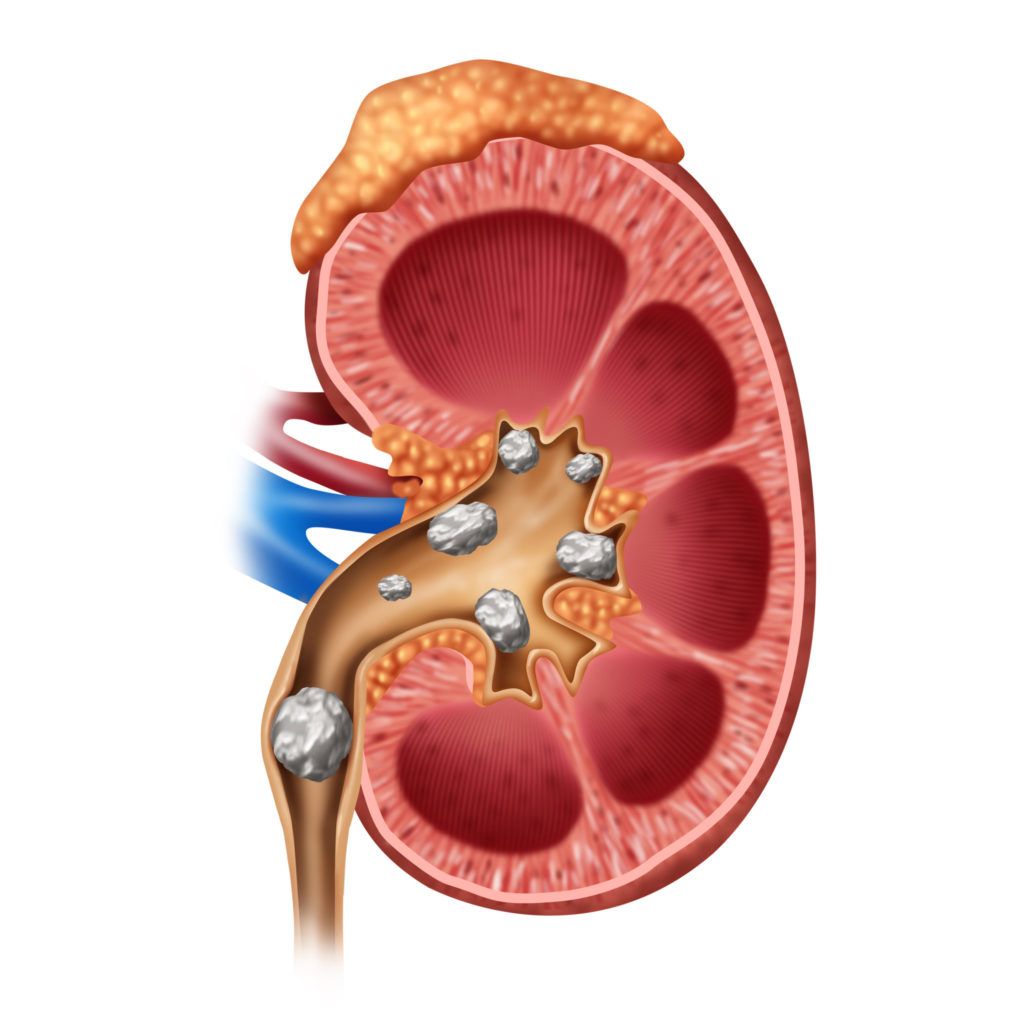As we all know, our bodies are complex machines that are capable of doing fascinating things. One of the most important aspects of our bodies is our kidneys, which serve as filters that keep our blood and body fluids clean. Unfortunately, sometimes things can go wrong, and we may develop kidney stones, which can be extremely painful and uncomfortable. Are you familiar with kidney stones? If not, let me explain. Kidney stones are hard, crystallized materials that form inside the kidneys or urinary tract. They are made up of minerals and salts that can clump together and grow in size over time. Once they are large enough, they can cause a blockage or obstruction, which can lead to pain, discomfort, and even infection. In some cases, kidney stones can be caused by a lack of water, which can lead to concentrated urine that makes it easier for minerals and salts to stick together. Additionally, genetics and certain medical conditions can also play a role in the formation of kidney stones. Now, let's take a closer look at the different types of kidney stones. There are several types, including calcium stones, struvite stones, uric acid stones, and cystine stones. Calcium stones are the most common type of kidney stone, and they are usually made up of calcium and oxalate. Struvite stones are less common, but they are often caused by recurring urinary tract infections. Uric acid stones can develop when there is too much uric acid in the urine, which can be caused by a diet that is high in purines. Cystine stones are rare, but they are usually caused by a genetic disorder that causes the kidneys to excrete too much of a certain amino acid. If you suspect that you have kidney stones, it is important to see a doctor right away. Your doctor can perform tests to determine the type and size of the stones, and they can recommend the appropriate treatment. Treatment options may include pain medication, drinking plenty of water, and in some cases, surgery. In conclusion, kidney stones are a common and painful condition that can affect anyone. By staying hydrated and maintaining a healthy diet, you can reduce your risk of developing kidney stones. And if you do experience symptoms, don't hesitate to seek medical help. Remember, prevention is always the best medicine!
If you are looking for PPT - Kidney Stones PowerPoint Presentation, free download - ID:5754576 you've visit to the right page. We have 6 Pictures about PPT - Kidney Stones PowerPoint Presentation, free download - ID:5754576 like Renal calculli Veeresh VG RN, TYPES OF RENAL CALCULI and also Kidney Stones » Bradenton, FL | Urology Partners. Read more:
PPT - Kidney Stones PowerPoint Presentation, Free Download - ID:5754576
 www.slideserve.com
www.slideserve.com kidney stones stone formation ppt causes presentation definition powerpoint ph urine uric types acid common calcium uti result stasis oxalate
Renal Calculli Veeresh VG RN
 www.slideshare.net
www.slideshare.net renal calculli veeresh calculi
TYPES OF RENAL CALCULI
 www.slideshare.net
www.slideshare.net renal calculi concretions
Renal Artery: Definition & Function - Video & Lesson Transcript | Study.com
 study.com
study.com renal artery occurred
Kidney Stones In Children And Adolescents | Adolescent Medicine | JAMA
 jamanetwork.com
jamanetwork.com kidney
Kidney Stones » Bradenton, FL | Urology Partners
 urology-partners.com
urology-partners.com kidney urology
Renal artery occurred. Renal calculi concretions. Renal calculli veeresh vg rn
 www.slideserve.com
www.slideserve.com  www.slideshare.net
www.slideshare.net  www.slideshare.net
www.slideshare.net  study.com
study.com  jamanetwork.com
jamanetwork.com  urology-partners.com
urology-partners.com
Keine Kommentare:
Kommentar veröffentlichen